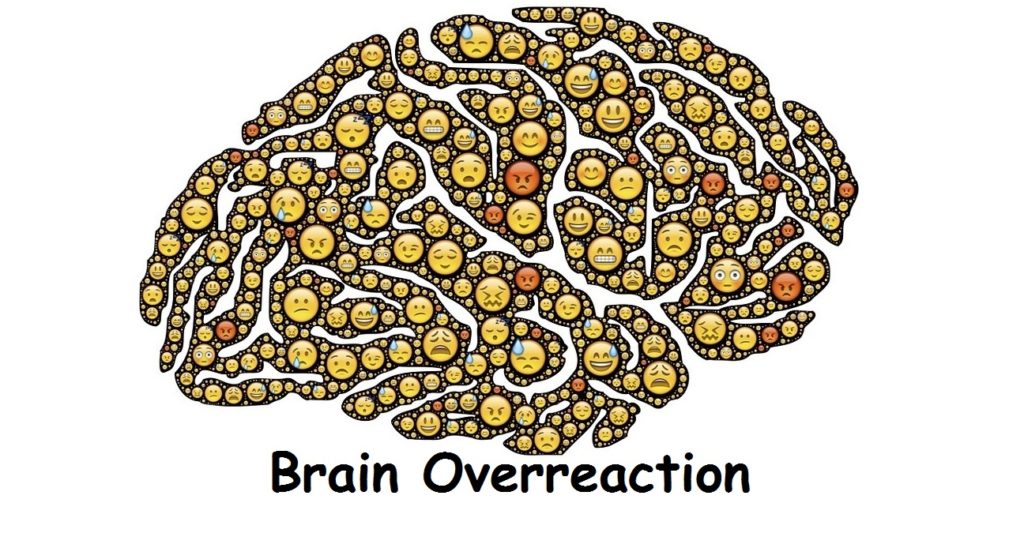As discussed last week in Part 2 of Sudden Back Pain, back injuries can occur because of weak muscles that should be strong to support the spine. Other times it might be from the brain not sending the correct signal to activate those muscles. For some weird reason, with sudden unguarded movements the brain doesn’t do its job. It was taking a break or more focused on something else. So you make a normal movement like twisting to grab a dish out of your cupboard, and there is no protection to the spine. But, wait, there’s more!
CAUSE # 3 – BRAIN OVERREACTION
Unfortunately, there are times when a back injury is from more than just a repetitive microtrauma (see our first post on this topic). It starts the same way as a sudden unguarded movement, where the brain forgets to react properly, as though it was asleep on the clock. But then it suddenly remembers and quickly overreacts to make up for it. This is when the brain tries to catch up AFTER the initial injury has already occurred. Then it adds a worse injury on top of the first one.
Believe it or not, at any moment in time the muscles of our body have the strength to rip themselves off the bone! You’ve heard of this kind of thing when someone has an adrenalin rush in an emergency, like when their loved one is smashed under a car, and they suddenly have the strength to lift the car. Afterward, they have massive injuries to their muscles because they were stimulated above the normally allowed threshold.
BRAIN CONTROL
Of course, that wouldn’t be good for our health, so our brain is on constant watch to keep this from happening. The brain is working hard every day to keep things all balanced in our body. It tells some parts to DO things, and tells others NOT to do things. This activation or inhibition guides our nerve impulses, digestion, heart rate, and coordinates smooth and safe movement with each step we take.
With “Brain Overreaction” this controlled movement is delayed and comes too late – and too strong. The brain quickly tries to make up for it by OVERDOING IT, and the muscles needed for grabbing a lightweight dish are activated as though they were lifting an elephant off the shelf. BAM! There’s that sudden back pain, even worse than if it was just from weak muscles.
PREVENTION & TREATMENT
When this injury does happen to you, know it will probably not heal as quickly as a simple injury. It will be treated more like an impact trauma (like a car accident or a fall on ice) because there are many similarities in the joints, muscles, and nerves.
The best way of avoiding this is to move often and in many ways. If we are regularly using our brain for all these movements, it will be less likely to be surprised by out-of-the-ordinary directions.
